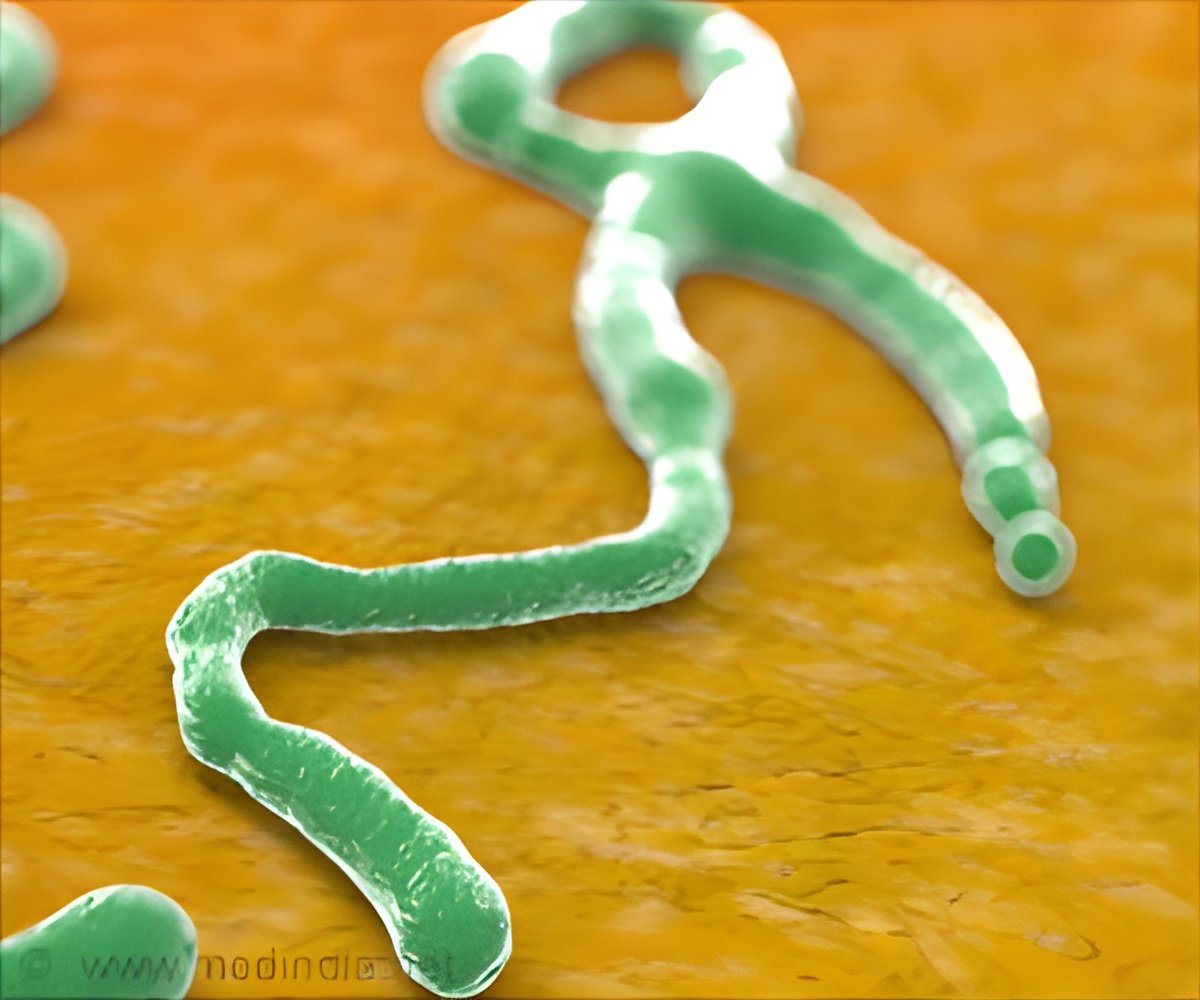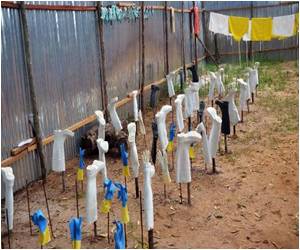Eleven people in Australia have been examined for Ebola in recent weeks, officials revealed Friday, as a nurse became the latest to return negative blood samples for the deadly virus.

But blood tests on Sue-Ellen Kovack came back negative, although she is still only 10 days into the 21-day incubation period during which infection can happen.
"That's an enormous relief for her and for everyone," said Queensland state chief health officer Jeannette Young.
"And it absolutely confirms that there was no risk to anyone at any stage when she returned back to Cairns. The plan now is that we will keep a very close eye on her because she still is a bit unwell."
National Health Minister Peter Dutton revealed that Kovack was one of 11 people who had undergone testing for Ebola.
"Already we've had 11 cases that have presented across the country that have all been negative," he told reporters.
Advertisement
He added that Australia's chief medical officer, head of the defence force and immigration department officials were all advising the government on how to respond to the growing Ebola crisis around the world, with screening now in place at airports.
Advertisement
The world's largest outbreak of the disease has killed 3,865 people out of 8,033 infected so far this year, mainly in Liberia, Sierra Leone and Guinea, according to the World Health Organisation's latest count.
The spillover of the virus -- with the first death in the United States and the first case of infection in Spain -- has raised fears of contagion in the West.
On Thursday, an official from the US Centers for Disease Control and Prevention warned that strong measures must be taken to prevent the disease from becoming the world's next AIDS epidemic.
Source-AFP











